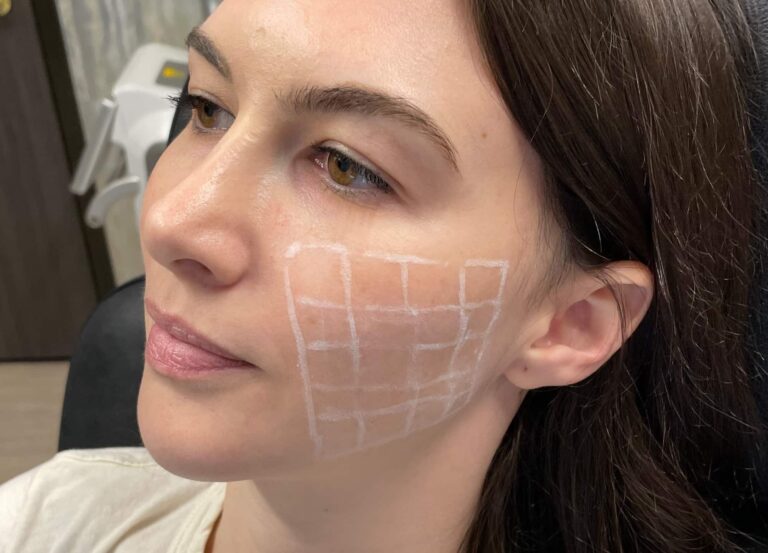Every procedure on RealSelf comes with a Worth It Rating, as determined by real members with firsthand insight and experience. We’re highlighting the top treatments ranked “Worth It” by our trusted community. This story is part of the 2020 Most Worth It campaign to help you make smart, confident cosmetic decisions.
You’ve vetted your doctor, had a consultation, and scheduled your procedure—but the homework doesn’t end there. Prepping for before and after treatment can go a long way in terms of both the results you’re seeking and your recovery time. Follow this checklist to make sure your pre- and post-op routines are as easy as possible.
Before your procedure
Prepare yourself mentally
Even a less invasive procedure can be stressful, so it helps to offset that tension beforehand. “We suggest patients take part in activities that help them to feel at peace, such as yoga and meditation,” says Smithtown, New York, board-certified facial plastic surgeon Dr. James Marotta. “Calm, relaxed patients are always the ones that heal the fastest and ultimately have the best outcomes.” If you can, take a day off work before treatment to run any last-minute errands, stock your fridge, and center yourself.
Take healthy precautions
Now is not the time to order another glass of wine. “It is important that patients follow a healthy lifestyle leading up to and following procedures—including not smoking, [following] a healthy, age-appropriate diet, [getting] daily exercise, and [taking] daily supplements [as needed],” says Glenview, Illinois, board-certified plastic surgeon Dr. Laurie Casas. Your doctor should review any nutrition and exercise regimens to accelerate your recovery and balance them with your age and goals. It’ll help maintain your results afterward too.
Related: 14 Celebrities Reveal the Cosmetic Procedure They Regret
Don’t consult the internet
Last we checked, Google does not have a medical degree—and what you find online may bring you unnecessary worry. If you’re questioning something, ask your doctor instead. “The internet is a useful tool for researching some things, but surgery is not always one of them, because every procedure, every patient, and every surgeon are different,” says Dr. Marotta. “You’ve chosen your surgeon for a reason, so put your trust in them to care for you, every step of the way.”
Check your supplements
“Avoid products [that] will increase bruising, for a week prior to surgery,” says New York City board-certified plastic surgeon Dr. Melissa Doft. The most common offenders include fish oil and nonsteroidal anti-inflammatory drugs like Advil, Motrin, and aspirin. If you’re not sure of the status of your supplement, check with your doctor.
After your procedure
Take a walk
While vigorous exercise may be off the table for two to six weeks, depending on your procedure, walking is encouraged as early as the day after, says Dr. Casas. Not only does it promote blood circulation, but “this will help prevent the development of DVT, or deep vein thrombosis, which can lead to a pulmonary embolism,” adds Dr. Doft. Aim for three times a day.
Round out your diet
Protein should be on the menu, whether that’s in the form of meat, eggs, or beans. “After surgery, your body requires more protein than usual, to heal,” explains Dr. Doft. Also consider swapping out your usual breakfast for pineapple smoothies, since pineapple contains bromelain, an enzyme known to reduce inflammation and bruising. (Hate the taste? Bromelain supplements are fine, she says.)
Map out your next appointments
While follow-ups are expected, you may have other, complementary procedures afterward. For instance, lymphatic drainage massage can aid healing after some procedures by reducing fluids and swelling and preventing the formation of scar tissue, says Dr. Casas. She’ll usually book follow-up appointments for her patients, the number of which depends on the procedure. Or you could be proactive about scarring: “Many of my patients will return to the office in six weeks to have their scars lasered, to remove any redness,” says Dr. Doft.
Call your doctor
If something looks or feels off to you, just call your doctor. “We are always happy to see a concerned patient,” says Dr. Doft. Something that may seem trivial to you could actually be a major concern, so it’s better to be safe than sorry. It’s worth asking before the procedure if your doctor has an emergency phone number where they can be reached, just in case you have an issue outside normal office hours.











